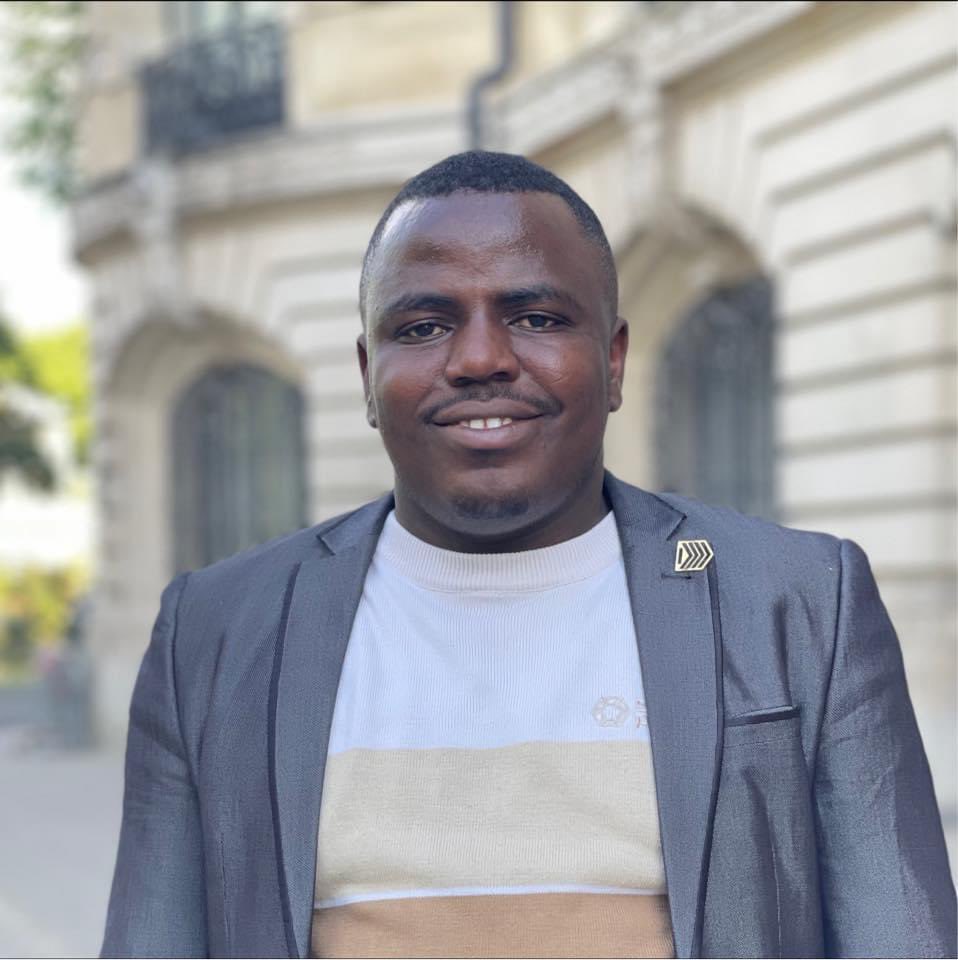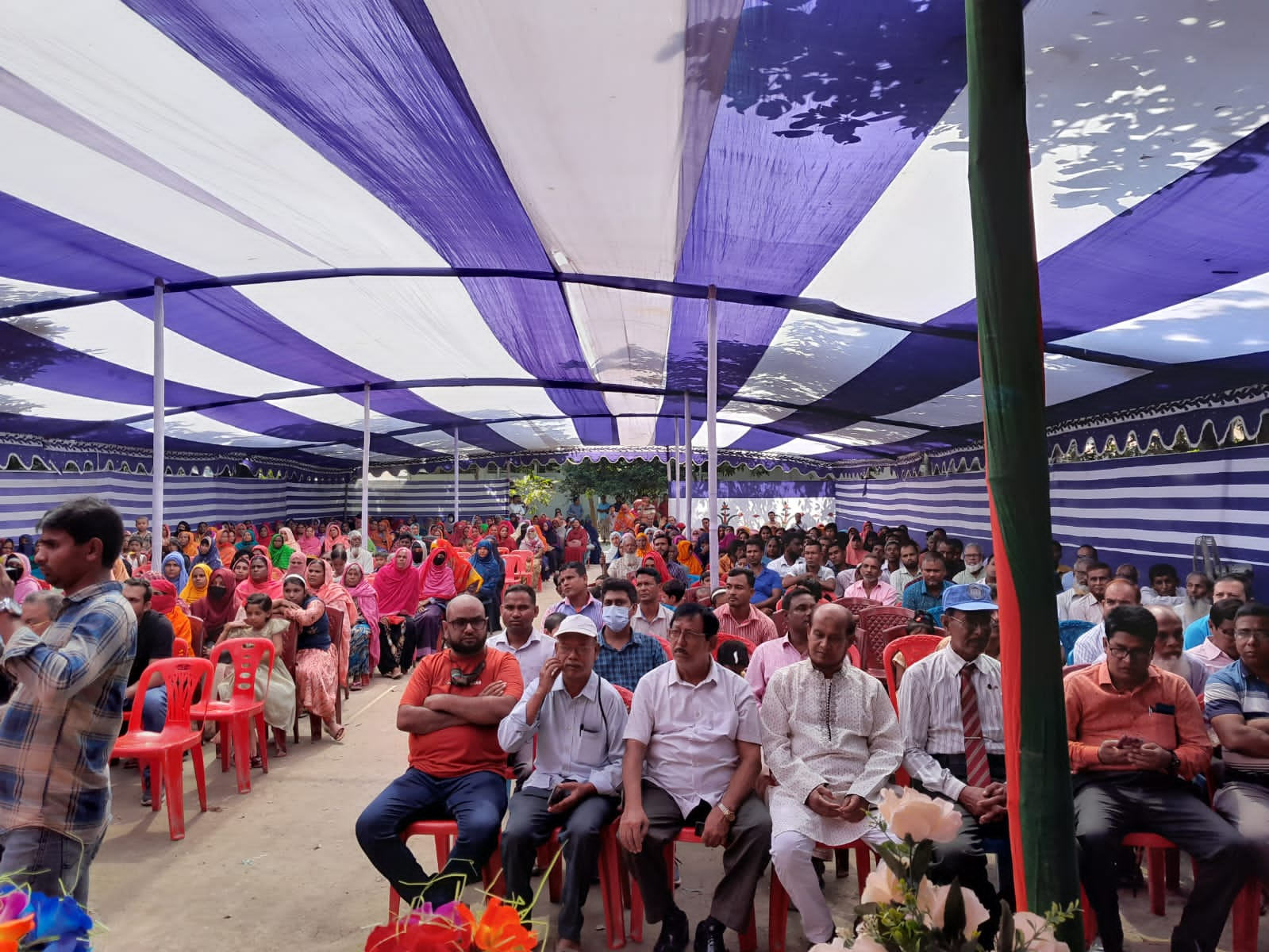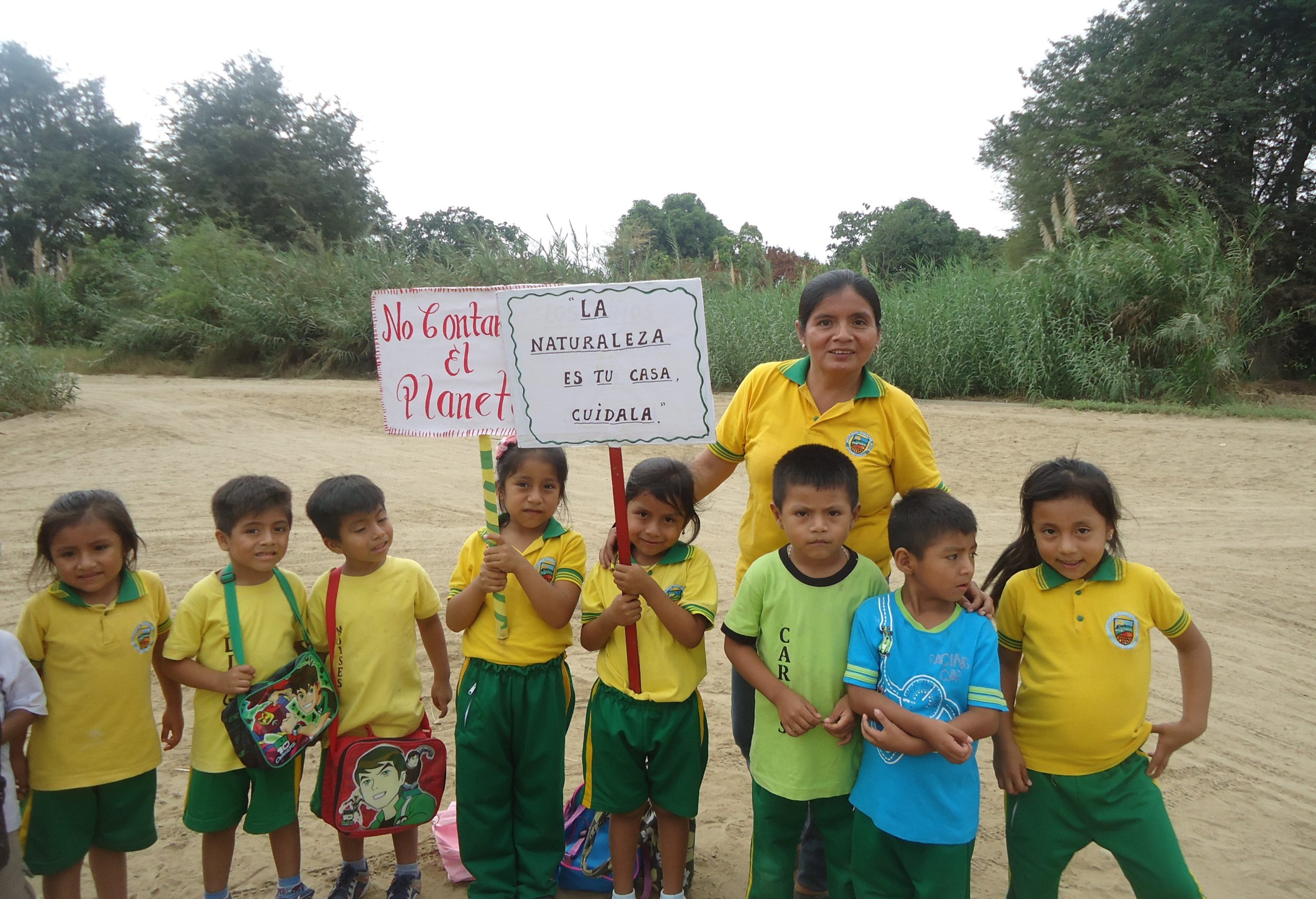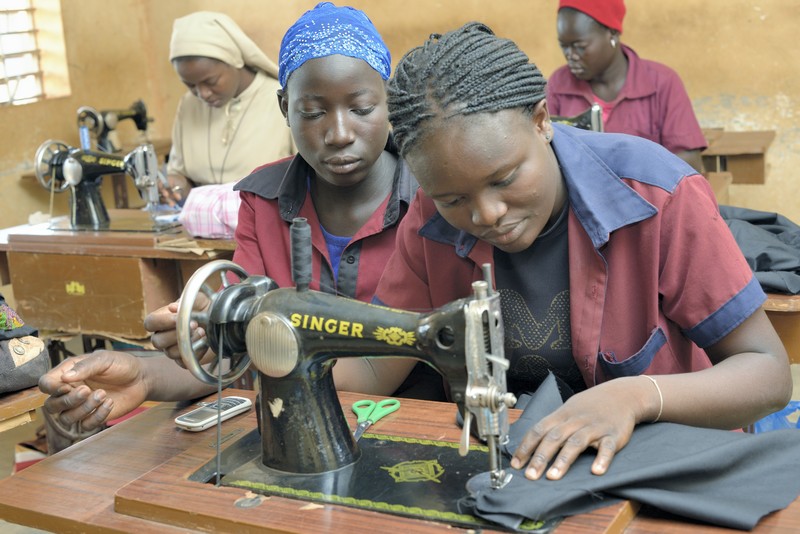Ibrahim Issa: in Burundi, ALDP “provides free education to 97 children from vulnerable families”

Since the early 2000s, ALDP, an organisation that combats delinquency and poverty in Burundi, has been helping the most vulnerable and marginalised children, particularly young refugees fleeing tensions in the Democratic Republic of Congo.
We talked to Ibrahim Issa, programme coordinator at this Emmaus organisation, to find out more.
Emmaus International: What kind of work does ALDP do in the field of education in Burundi?
Ibrahim Issa : One of ALDP’s missions is to foster access to education for all, particularly the most vulnerable and marginalised children and young people. We currently have four formal education schools.
Two schools follow the Burundian national programme:
- École Maternelle Emmaüs (Emmaus nursery school) with 160 pupils divided into three classes
- École Fondamentale Emmaüs (Emmaus primary school) with 420 pupils divided into seven classes
Two schools teaching a Congolese curriculum to Congolese refugees:
- A primary school with 250 pupils
- A secondary school with 357 pupils
The four schools are located in the northern districts of Bujumbura-Mairie province, where we have been working since 2002.
What was the background to this initiative?
Due to recurrent wars that raged in Burundi from 1993 to 2005, a lot of infrastructure, schools and homes were destroyed. The northern districts, where ALDP is based, were cut off from the city centre, where the main economic activities, schools and major infrastructure were located. People living in these areas were exposed to violence, poverty and ethnic discrimination.
ALDP was established during the conflict in July 2002, setting up a carpentry workshop to enable people living in the northern districts of Bujumbura to source wood without having to travel long distances. Gradually through this workshop, we started organising occupational training courses in carpentry, welding, dressmaking and IT, to help the most disadvantaged sections of the population to learn skills to support themselves.
However, this programme did not cover all the needs of the local population. Not all children in the northern districts of Bujumbura were fortunate enough to attend school, for three main reasons:
- Several school buildings had been destroyed by the wars and the existing schools were inadequate for the rapidly growing population.
- Racial segregation still persisted in access to education in several schools in Bujumbura, which did not give children from Bujumbura’s northern neighbourhoods the same opportunities to attend school.
- Most of the children who were able to secure places at schools had to travel long distances to get to school, and most of them dropped out of school easily because they were already living in poverty. In addition, they had to walk through or study in neighbourhoods where they risked being attacked or killed because of their ethnicity.
In response to this situation, ALDP initially set up extracurricular courses for these young people. Then, in 2011, we set up the Emmaus primary school, which became the “École Fondamentale Emmaüs” when the national curriculum was changed, before setting up an Emmaus nursery school for the youngest children (aged 3 to 5) in 2013.
How did you get involved in helping young Congolese people?
Congolese refugees who have fled instability in the east of the DRC are increasingly seeking refuge in Burundi, and Bujumbura in particular. Children of large families arriving from the DRC and who settle in Burundi were struggling or were simply unable to fit in at school, as the national curriculum is generally taught in Kirundi for the first 10 years of schooling, and sometimes right up until pupils gain state qualifications. This meant that many years were lost for children who had to learn Kirundi first before starting school. Many were unable to do so and had no choice but to drop out of school or go back to the DRC, the country they had just fled.
The only school teaching the Congolese curriculum, owned by the DRC embassy in Burundi, did not have the capacity to accept all the Congolese children living in Burundi. Therefore in 2014, ALDP set up two schools teaching a Congolese curriculum (primary and secondary) and lobbied the authorities at the DRC embassy in Burundi to promote the establishment of several schools with a Congolese curriculum in Bujumbura, so that Congolese refugee children can have access to education on the same footing as other children.
ALDP is now one of the leading providers of Congolese curriculum schools in Burundi through its schools, École Congolaise de Kinama “E.C.K.”.
You also teach albino children who are victims of discrimination…
We have also included albino children in our schools, as they are usually discriminated against in educational programmes. Some have finished secondary school and the three who remained two years ago have moved with their families. We do not currently have any albino children enrolled in our schools, but the programme is still running, and we make a special effort to encourage the enrolment of marginalised children (albinos, children with disabilities, etc.).
We are currently providing free education to 97 children from vulnerable families who cannot afford to pay their children’s school fees. We provide them with school supplies at the start of the year. This free school programme is one of our solidarity actions to help the most disadvantaged.


